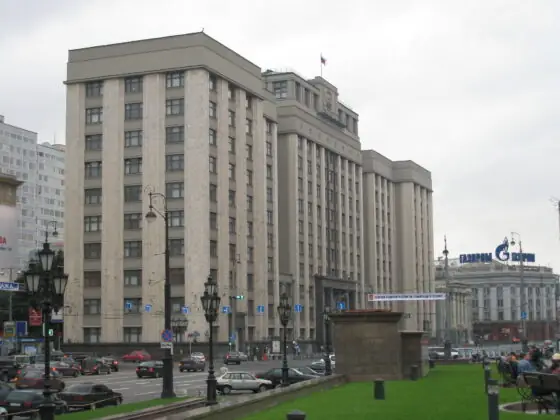With the legislative and presidential campaign of 2011-2012, Russia is entering a phase of uncertainty, and debates that have hitherto been reserved for the establishment have become ever more visible. There are already many cracks in the apparent unanimity of the Putin regime, and they are likely to grow in number. Regardless of who becomes president, the Kremlin is going to have to face up to multiple challenges: geostrategic reshaping; tough decisions in many economic sectors awaiting modernization; and accelerating social transformation. One such challenge that the Russian authorities have unwittingly helped to create has emerged at the nexus of a triad of phenomena:
1) radical nationalism, which has not succeeded in becoming an autonomous political force but reflects the xenophobic anxieties of Russian society;
2) the deadlock in the North Caucasus; and
3) migrants in search of integration and recognition.
In the years to come, Russia will likely be challenged by a range of domestic issues impacting social stability. How can a civic consensus be built that takes into account the deep transformations that have transpired in Russia over the last two decades? Do authorities want to see this issue shape public debate during and after elections? And will this debate be supervised and led by the Kremlin, or will it run counter to it? […]








